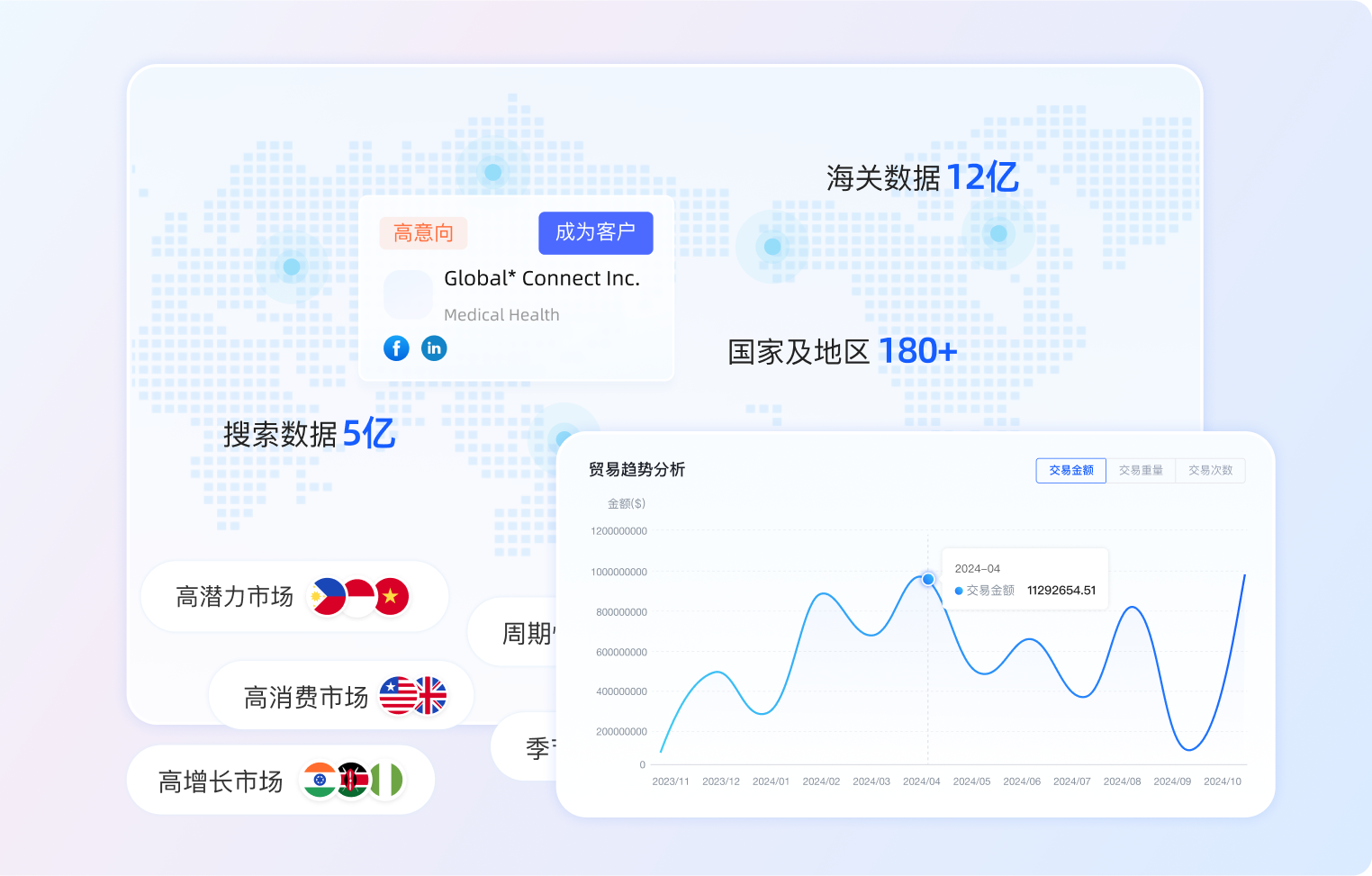 400-076-6558智领未来,外贸超级营销员
400-076-6558智领未来,外贸超级营销员
 400-076-6558智领未来,外贸超级营销员
400-076-6558智领未来,外贸超级营销员

For many small export enterprises, overlooking cultural nuances often leads to costly missteps. Take, for example, a clothing company that faced significant losses in the Middle Eastern market because its design included motifs inadvertently conflicting with local religious beliefs. Such setbacks underscore a vital truth for newcomers: cultural differences are not mere customs but foundational to consumer behavior, purchasing decisions, and business practices.
Drawing from the Hofstede cultural dimensions theory, elements such as power distance and uncertainty avoidance play critical roles in selecting the right target market globally. For instance, markets with low uncertainty avoidance respond positively to innovative, risk-taking products, while those with high scores prefer traditional and reliable options. Understanding these layers equips small enterprises with the expertise to navigate complex global markets effectively.
First, businesses must evaluate their products’ cultural sensitivity. Constructing a product attribute checklist reveals potential cultural “red flags.” A notable example is a small mother-and-baby supplies company that identified the need to avoid yellow-colored diapers in certain African countries due to local color taboos. Addressing such details early helps prevent market rejection.
Cultural elements must be investigated meticulously:
Through a pragmatic scoring system — evaluating factors such as language barriers, religious constraints, and consumer preferences on a scale from 1 to 5 — companies can make data-driven market entry prioritizations. For instance, a lighting manufacturing small business discovered via this scoring that Eastern European markets valued energy-saving labels more than South American ones, prompting a strategic pivot towards Poland first.

Consider a small furniture export business with annual sales around $5 million that initially targeted Southeast Asia. Discovering that Thai consumers preferred vibrant colors infused with Buddhist motifs clashed with their minimalist black-and-white product design, the cultural adaptation score was low, indicating high risk.
Pivoting to Europe after detailed data mining using Eurostat, they identified a burgeoning demand in Germany and the Netherlands for customizable modular furniture, increasing by 20% among the middle class. They responded by tailoring product documentation to reflect German customers’ preference for precision and expanding the packaging to highlight the FSC environmental certification valued by Dutch consumers.
A pilot campaign on Alibaba International exposed the German market to their adapted packaging, replacing animal motifs with geometric patterns, which skyrocketed inquiry volume by 300% in the first month.

A food company experienced a failed promotional campaign in the Middle East because it neglected the Ramadan fasting period when consumer behavior significantly changes. Proactively using a global religious calendar allows businesses to adjust production and marketing strategies well in advance.
For example, France strictly enforces mandatory French labeling on products while Italy’s intricate commercial rebate customs require careful compliance. Leveraging legal research platforms like Wolters Kluwer can prevent inadvertent violations.
These free resources empower small exporters to accelerate cultural due diligence:
For quick localized validation, Fiverr offers affordable native freelancers who can vet product descriptions and packaging for cultural compliance, typically costing under $200 per review.
Cultural differences should not be viewed as barriers but as strategic advantages that enable precise market positioning. Small enterprises can break through by focusing on a specific cultural sphere and deeply customizing their offerings — for example, a northern European home decor brand emphasizing minimalist aesthetics finds natural affinity and success in the Scandinavian markets.
The recommended action framework for export newcomers involves:
Unlock the power of culturally aligned market selection with our Comprehensive Market Adaptation Toolkit. Access ready-made scoring templates, cultural intelligence reports, and direct consultancy from industry experts. Start your global journey informed and confident — request a demo today and boost your success rate in new international markets!
.png?x-oss-process=image/resize,h_100,m_lfit/format,webp)
.png?x-oss-process=image/resize,h_100,m_lfit/format,webp)

.png?x-oss-process=image/resize,h_100,m_lfit/format,webp)
.png?x-oss-process=image/resize,h_100,m_lfit/format,webp)
.png?x-oss-process=image/resize,h_100,m_lfit/format,webp)
.png?x-oss-process=image/resize,h_100,m_lfit/format,webp)
